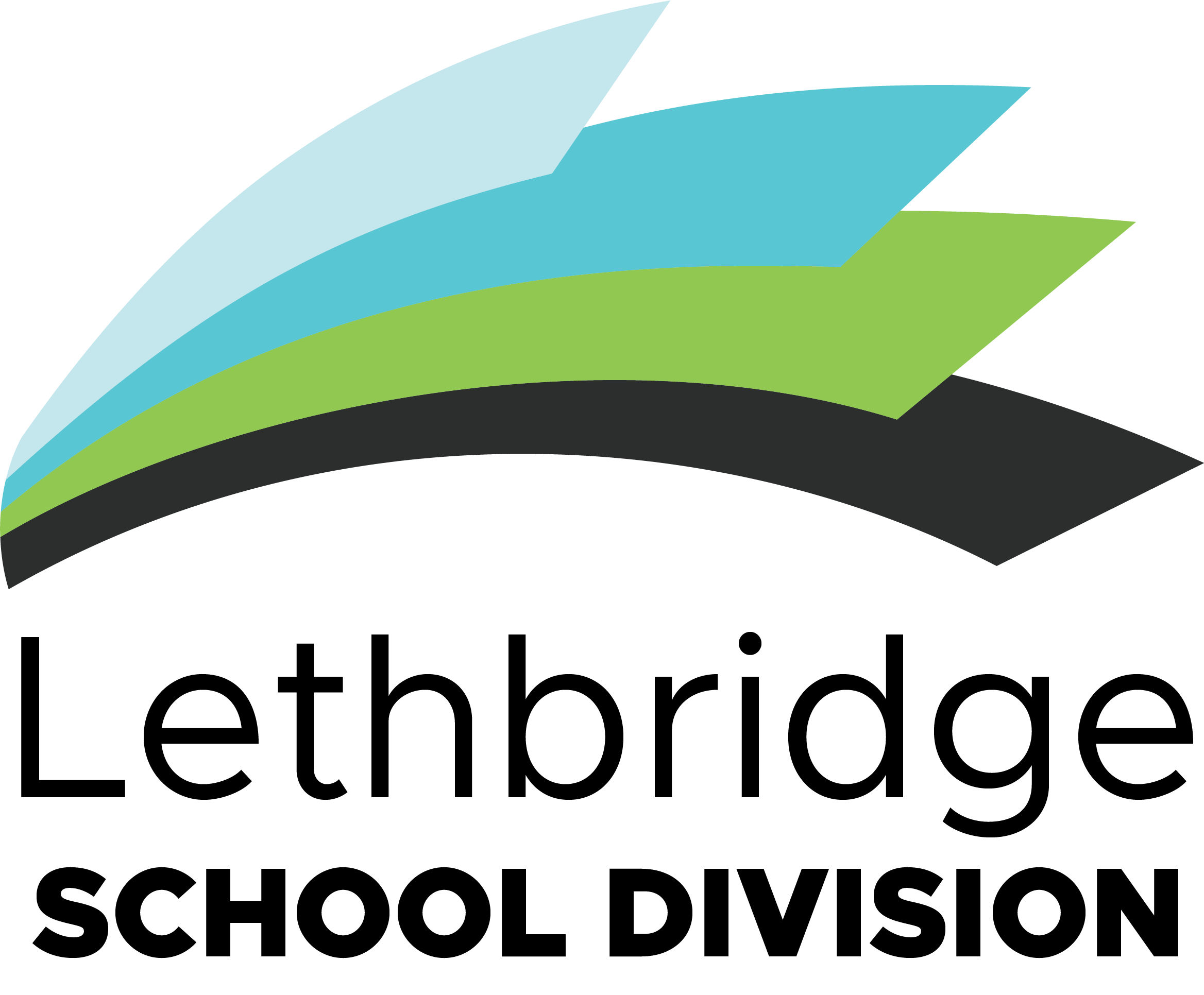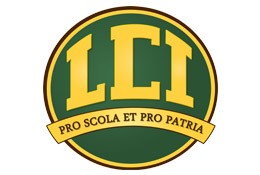The NEW Space Exploration course was created by LCI’s own Elaine Jacklynn and Cilena Mathieu. Through multiple visits to the Kennedy Space Center/Johnson Space Center and their Astronaut Training Experience in Florida, Ms. Jacklynn and Ms. Mathieu have created a hands-on innovative course. This course will be evolving as Space based projects continue to change.
In Space Exploration, students will analyze, assess, and refine connections among celestial observations, human exploration, creativity, innovation and technological advancements. By embracing historical human curiosity pertaining to the sky above, students can further critically examine their perspective within the solar system and universe.
Students will connect with the Lethbridge Astronomical Society to understand more about viewing stars and their life cycles. Students will also get the opportunity to visit the Lethbridge Observatory.
Space Exploration is designed for high school students with a keen interest in science, astronomy, and space exploration. Whether students aspire to become future scientists, engineers, astronauts, or simply wish to expand their horizons and explore the wonders of the universe, this course offers an exciting opportunity to embark on a journey of discovery that will inspire curiosity, creativity, and a lifelong love of learning. Students will develop critical thinking skills, scientific literacy, and a passion for discovery that will serve them well in their academic and personal pursuits.
Students embark on a captivating journey through the wonders of space exploration. Throughout the course, students will explore the history, science, and significance of space exploration. They will examine the fundamental principles of physics, astronomy, biology, and engineering that underpin space missions, and they will discover the innovative technologies that enable humans to explore distant planets, stars, and galaxies. From the pioneering achievements of early space exploration to the cutting-edge discoveries of modern astronomy, students will trace the evolution of humanity's understanding of the universe.
Space Exploration will also challenge students to grapple with ethical, environmental, and policy considerations surrounding space exploration. They will explore questions about the implications of human spaceflight, the search for extraterrestrial life, and the potential for space colonization. By critically examining the societal impacts and ethical dilemmas inherent in space exploration, students will develop a deeper appreciation for the complexities of our place in the cosmos.
Courses:
Semester 1(Level One) |
Semester 2(Level Two) |
| Our Solar System | The "New" Space Race |
| Telling Time | International Space Policy |
| Light | Spacecraft design and rocket science |
| Constellations | Planetary exploration and Exoplanets |
| Telescopes | Planetary defense |
| Observing Space from Earth | Data analysis and addressing global challenges |
| Life Cycle of Stars | Life in space |
| The "Original" Space Race | Current trends and the future of Space Exploration |
| Voyager, Satellite and Probe Missions | Immerging technologies |
| Data Analysis and Processing | Career and education connections |
| Technological and Scientific Advances |


